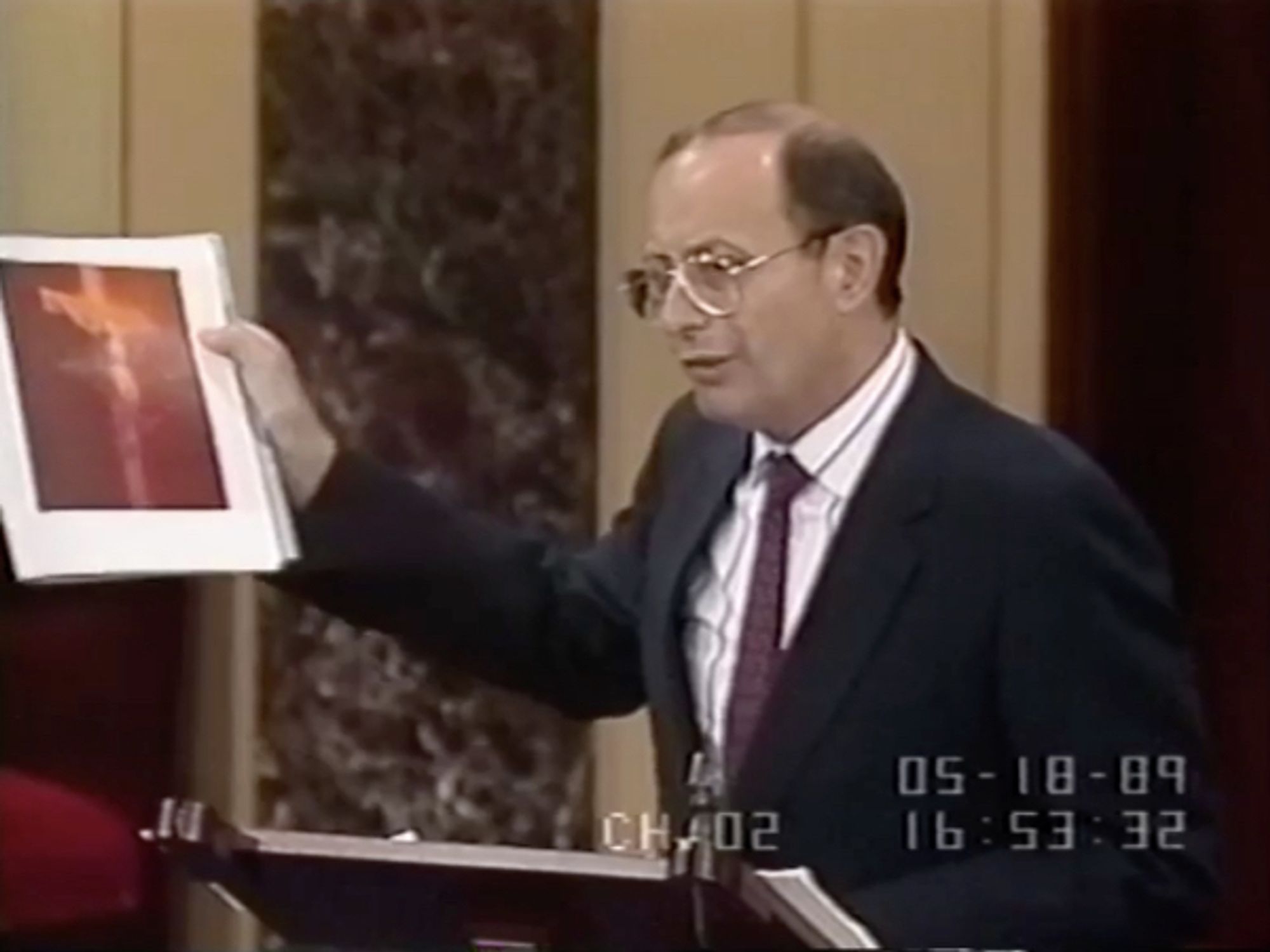
Rethinking Artists’ Rights Roundtable: The Visual Artists’ Rights Act
In the 1960s-90s, public protests and open hearings surrounding artists’ resale royalties, moral rights, and free speech were activated by participants across the art world. In the 1980-90s, collaboration with law and policy makers were fraught with questions about cultural and legal norms of ownership and free speech. As we re-examine this history during this time of heightened political engagement, how might the art community re-engage with issues of artists’ rights as local politics? And how do we come to terms with the use of artists and artist rights in the larger context of ‘culture wars’ and anti-intellectualism deployed in the political field today? This three-part roundtable series will bring together practitioners from art and law to unpack the legacies of particular artists’ rights statutes, and imagine new ways forward.
During the second session of this series, we will explore The Visual Artists’ Rights Act. This act protects an artist’s work from being misattributed, modified, or destroyed against their will, among other rights. The statute is anomalous under U.S. law for granting artists continued control over their sold works; yet, also relies on a potentially constricted definition of art. Recent cases including Mass MoCA v. Büchel and the erasure of the graffiti hub 5 Pointz will be discussed among others.
Read more about The Visual Artists’ Right Act here.
Lauren van Haaften-Schick is a PhD Candidate in the History of Art at Cornell University researching artists’ interventions in the legal system and legal norms since the 1960s. Her curated exhibitions include “Non-Participation” (2014-16) and “Canceled: Alternative Manifestations & Productive Failures,” (2012-14) traveling in the US and abroad. From 2015-17 she was Associate Director of the Art & Law Program, New York, where she was a Curatorial Fellow in 2012. Lauren has received grants from the Mellon Foundation and the Terra Foundation for American Art among others, and has been a guest speaker at universities and art institutions internationally.
Kenneth Pietrobono is an artist, arts worker, activist and cultural advocate working in New York City. He is a member of the activist group, Occupy Museums, an appointed member of the Citizens’ Advisory Committee for the CreateNYC Cultural Plan and an alumnus of the Art Law Program in New York City.
Sergio Muñoz Sarmiento is an art lawyer and scholar interested in the relationship between art & law, with a focus on tangible and intangible property, appropriation, contractual agreements, authorship, freedom of expression, and outlaw culture.
Renée Vara (VARA ART) is an internationally recognized art expert in contemporary art for over 25 years, including the VARA/5Pointz case. With undergraduate and graduate degrees in art history, she is an award-winning faculty at NYU, a lecturer at Sotheby’s & the Guggenheim, and a Certified Appraiser and Board Member for AAA. She has lectured for over 50 significant organizations, curated more than 40 international shows, and appeared in more than 40 major media outlets.
Abram Coetsee is a South-African born and American raised scholar and consultant. Currently a PhD candidate in Cornell’s English department, his researches focuses on the intersection of graffiti, curation, new media and democratic law. His work has been presented at TED, Cannes-Lions at the Facebook/Instagram pier, the Smithsonian Museum of Design/Cooper Hewitt, and Pioneer Works, among other venues. He holds affiliations with the Art and Law Program, NY Humanities, The Berkeley Institute, HASTAC, and elsewhere.
Join us for the final Rethinking Artists’ Rights roundtable on The American Royalties Too Act on June 18.
Image caption: Senator Alphonse D’Amato (R-New York) denouncing NEA funding to Andres Serrano, May 18, 1989.